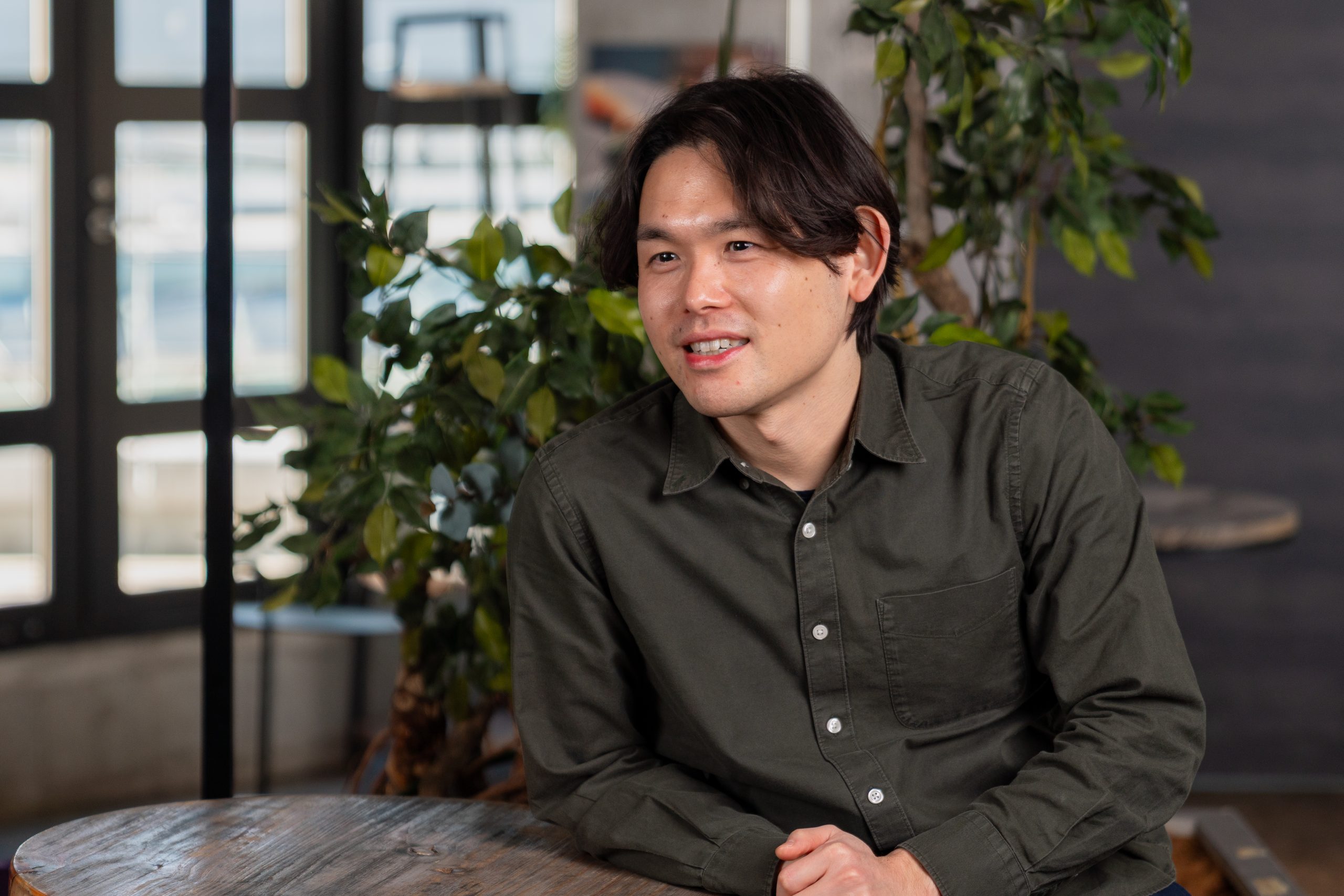Yuji Nakamura
What you do at Tango?
As an application programmer, I mostly implement the actual gameplay portions of the code.
For The Evil Within 1 and 2, I was in charge of the bosses and interactive objects in the stages.
I was given the role of lead programmer for Hi-Fi RUSH, so I was in charge of implementing all kinds of things, starting from the initial prototype, then moving on to creating characters and various game systems.
How do you describe Tango’s development environment?
We have a lot of opportunities to improve and stay current with our development techniques through lectures and events like CEDEC and GDC, as well as other seminars not open to the public.
We’ve also had the opportunity to take part in these events as presenters, with recent presentations from our team at Unreal Fest, CEDEC, and GDC.
What do you think makes Tango unique as a game studio?
At Tango, it’s pretty common for the final implementation of something to differ significantly from the initial design documents. Once you implement something in the game, you’ll often find that it doesn’t feel quite like the designer expected. It’s then the programmer’s job to discuss things with the designer, giving their own opinions about how they can adjust things to make the game more interesting. We’re constantly communicating and iterating, and at times opinions will clash, but we push through it and never stop working to make something our players will love.
What are your thoughts about the type of people who work at Tango?
We have a lot of members who have been working together for years, so it’s a solid environment that we don’t need to worry too much about. I feel like there are a lot of people who focus on how to make the game as a whole more enjoyable rather than just focusing on the task they’ve been assigned.
Looking to the future, what are you excited for when working at Tango?
I’m really glad that we can get things running again with our current team. I’m also happy that we can look forward to an environment where we can keep making a variety of interesting games, rather than just pumping out sequels.
What’s something you’d like to tell someone interested in the company or working with your team?
Beyond just writing code, if you’re willing to really put thought into what makes a game fun for you personally, and you want to make games for a global audience, then I think we’d be a good fit. We look forward to hearing from you!

